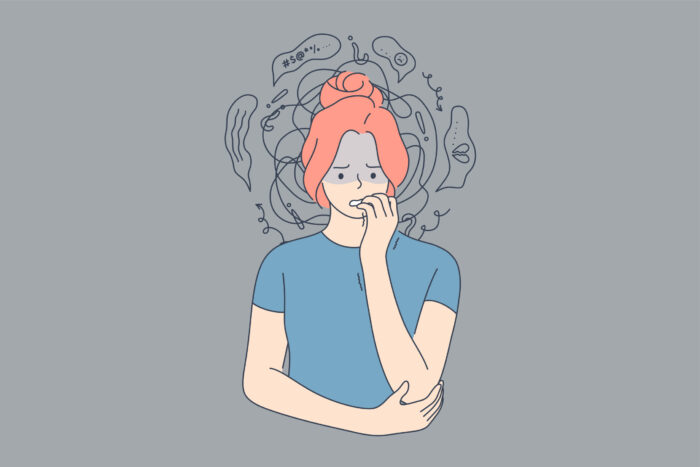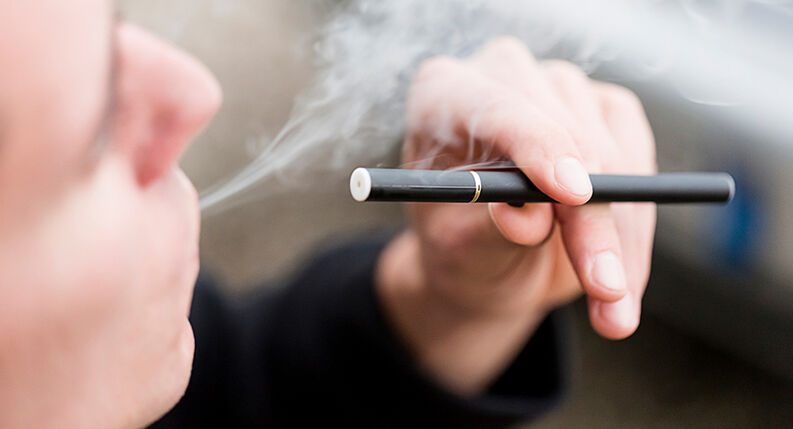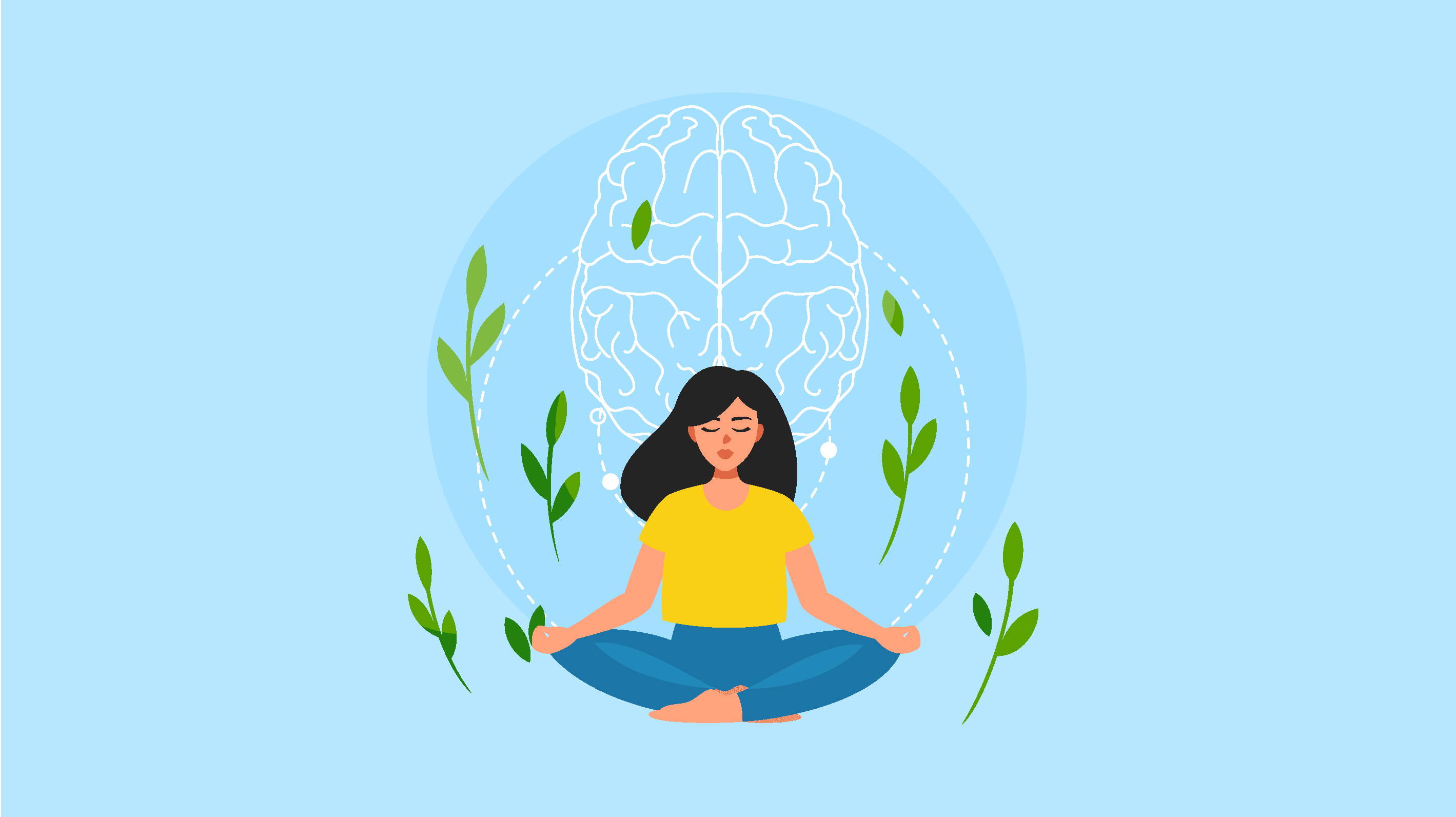Has your depression led you into an addiction? The first step is recognizing when you need help. Here’s a gentle guide to coping skills for substance abuse.
Whether you are suffering from addiction, depression or both, you are not alone. Both depression and addiction are common in our country and around the world today, and often, they go hand in hand.
If you came upon this article in hopes of finding coping skills for substance abuse or coping skills for addiction for yourself or for someone you love, read on to find out more.
Depression and Addiction Facts

Depression affects people from all walks of life and people of all ages. According to the World Health Organization, over three hundred million people worldwide experience it. In the United States, it is estimated that 17.3 million people have a depressive episode each year.
It is estimated that 15% of adults will experience depression at some point in their lifetime. This fact is sad but is unfortunately true.
Drug and alcohol abuse is also a widespread and worldwide problem that affects so many individuals and families each year. According to the 2017 National Survey on Drug Use and Health, 19.7 million Americans age twelve and older battled a substance abuse disorder that year.
According to that same survey, of those, 74% suffered from an alcohol use disorder and 38% experienced a drug use disorder of some kind. One out of every eight of these people struggled with both simultaneously.
Dual Diagnosis
As you might imagine, some of the millions who suffer from drug or alcohol addiction are also experiencing depression at the same time. This overlap is not unusual. In fact, it is rather common.
Almost one-third of adults that suffer from a substance abuse disorder also suffer from depression.
It’s so common that there’s a name for it. When someone is struggling with addiction at the same time that he or she is battling a mental disorder or illness, like depression, this is known as dual diagnosis.
An individual may try to cope with his or her depression by drinking and doing drugs. A person may be depressed because he or she is using drugs.
It’s a vicious cycle.
The fact of the matter is, alcohol and drug use are not coping skills for depression. Depression and other mental illnesses and disorders are not coping skills for substance abuse.
The only way to deal with both of these issues to get help.
You may need counseling, therapy, support groups or even outpatient or inpatient services. If you are suffering from one or both of these conditions, you can recover, but you will need assistance to do so.
If you are suffering from both addiction and depression at the same time, it is vital that the two conditions are treated simultaneously for your ultimate success.
Signs of Depression
Signs of depression and signs of drug or alcohol addiction are similar even when no co-occurring disorder exists. This similarity makes it difficult to diagnose either condition accurately. However, there are many signs that an individual is suffering from depression.
If the following signs are evident in yourself or someone you love, it’s important to see a doctor right away.
People who are depressed often:
- Lose interest in activities they normally enjoy
- Have difficulty sleeping
- Exhibit changes in appetite or eating patterns
- Have trouble with concentration
- Make negative comments frequently
- Miss or give up on work or social responsibilities
- Have low energy levels
- Have suicidal thoughts or thoughts of harming themselves
If these symptoms are familiar to you, then you may need counseling or treatment for depression.
Signs of Drug or Alcohol Dependence and Addiction
As mentioned above, drug and alcohol addiction and depression have similar signs and it is sometimes difficult to determine which issue is larger. This is why both conditions must be treated together and at the same time.
In addition to the signs of depression listed above, an individual that is struggling with addiction may:
- Feel that they need to take drugs or drink daily or several times a day
- Have strong urges for the drug or alcohol that blocks other emotions
- Need more of his or her drug of choice to get the same results
- Spend money on drugs or alcohol that he or she cannot actually afford
- Continue to use drugs or drink alcohol even though it is interfering negatively with their life
- Fail in independent attempts to give up drinking or using drugs
- Experience withdrawal symptoms when not using
When these symptoms are present, it is likely drug dependence or addiction exists. In most cases, treatment will be needed to recover.
In California, one Palm Springs drug rehab center is Phoenix Rising Recovery Center, but if you live anywhere in the United States you can do an internet search to find one near you. Staff will work with you to detox, recover, and learn coping skills for substance abuse addiction that you can carry with you for the rest of your life.
Coping Skills for Substance Abuse and Depression
If you are struggling with a dual diagnosis of depression and drug or alcohol addiction, there is hope. People recover from these conditions every day and go on to live happy and healthy, productive lives.
First, you must realize that you cannot do this alone. There are programs to help people with both of these conditions in almost every community in the United States. Reach out for help and people are standing by to help you.
Learn as much as you can about your dual diagnosis. Begin to understand the nature of your depression and triggers for your drug and alcohol abuse. Develop strategies to work through the hardest times when they arise.
Make lifestyle changes and practice self-care. Surround yourself with people who love and support you. Learn ways to manage your emotions in healthy ways and be proactive when you sense obstacles ahead.
Develop healthy habits like meditation, exercise, routine and eating well. This new focus on health will only bolster your efforts.
Create a sober support network. There are many people in the clean and sober community who have been through struggles similar to yours and they will help you immensely along the way.
Attend meetings, support groups, counseling, and therapy. These services together will help to give you strength so you can come back from the darkness. These people are professionals and they know how to help people like you better than anyone.
Most of all, know that recovery is possible. The fight against a dual diagnosis of depression and addiction is not easy, but it can be won.
Seek Treatment Today
If you are suffering from one or both of these conditions, it’s crucial that you seek treatment today. Supportive, experienced professionals are standing by to help you on your recovery journey. They will help you learn coping skills for substance abuse and depression, so you can go on with your life in a happy and healthy way from this point forward.
If you would like to read more about substance abuse, depression or dual diagnosis, type any of those terms into our site’s search bar.








Leave a Reply
You must be logged in to post a comment.